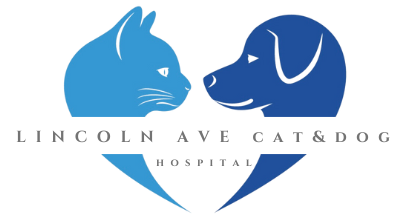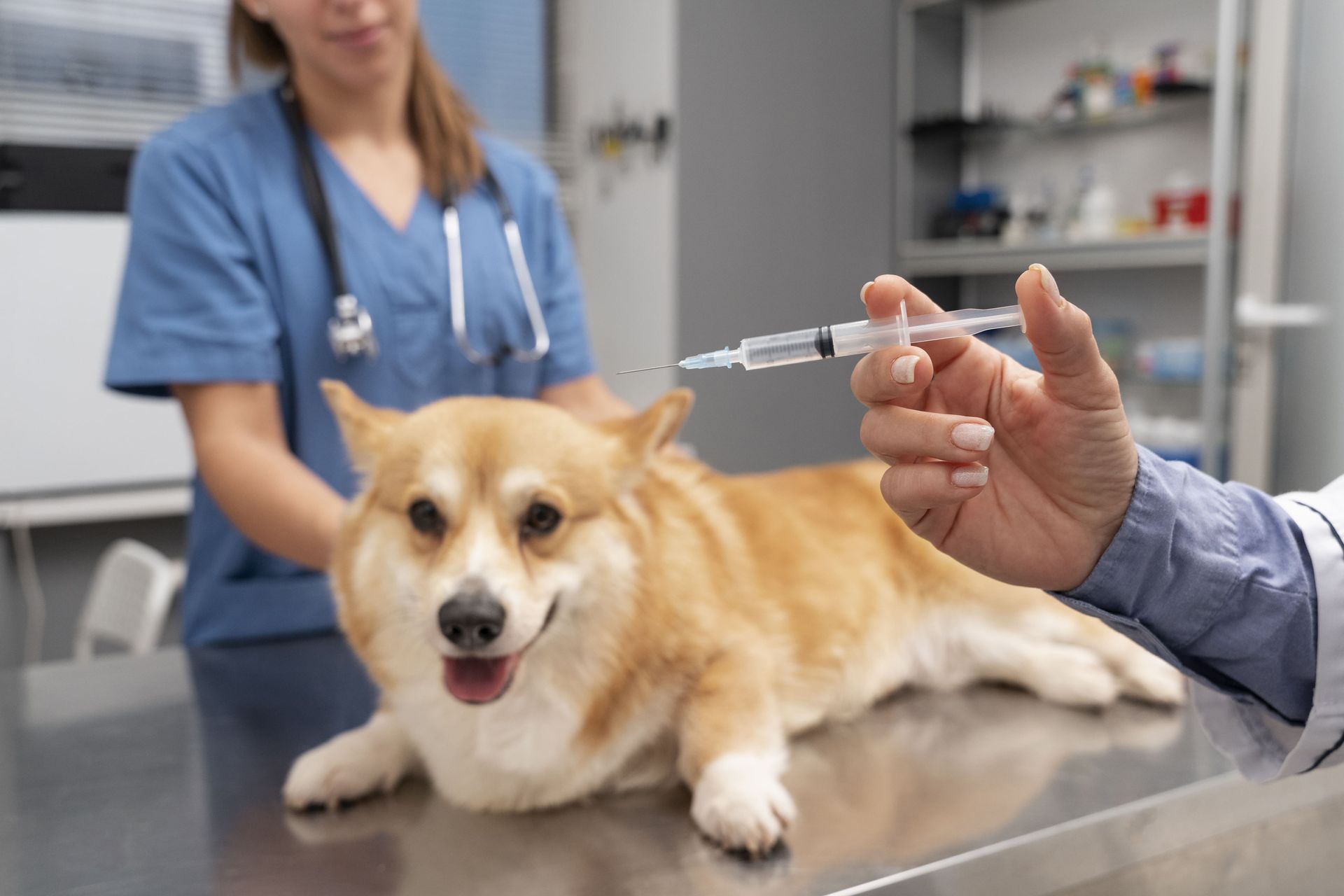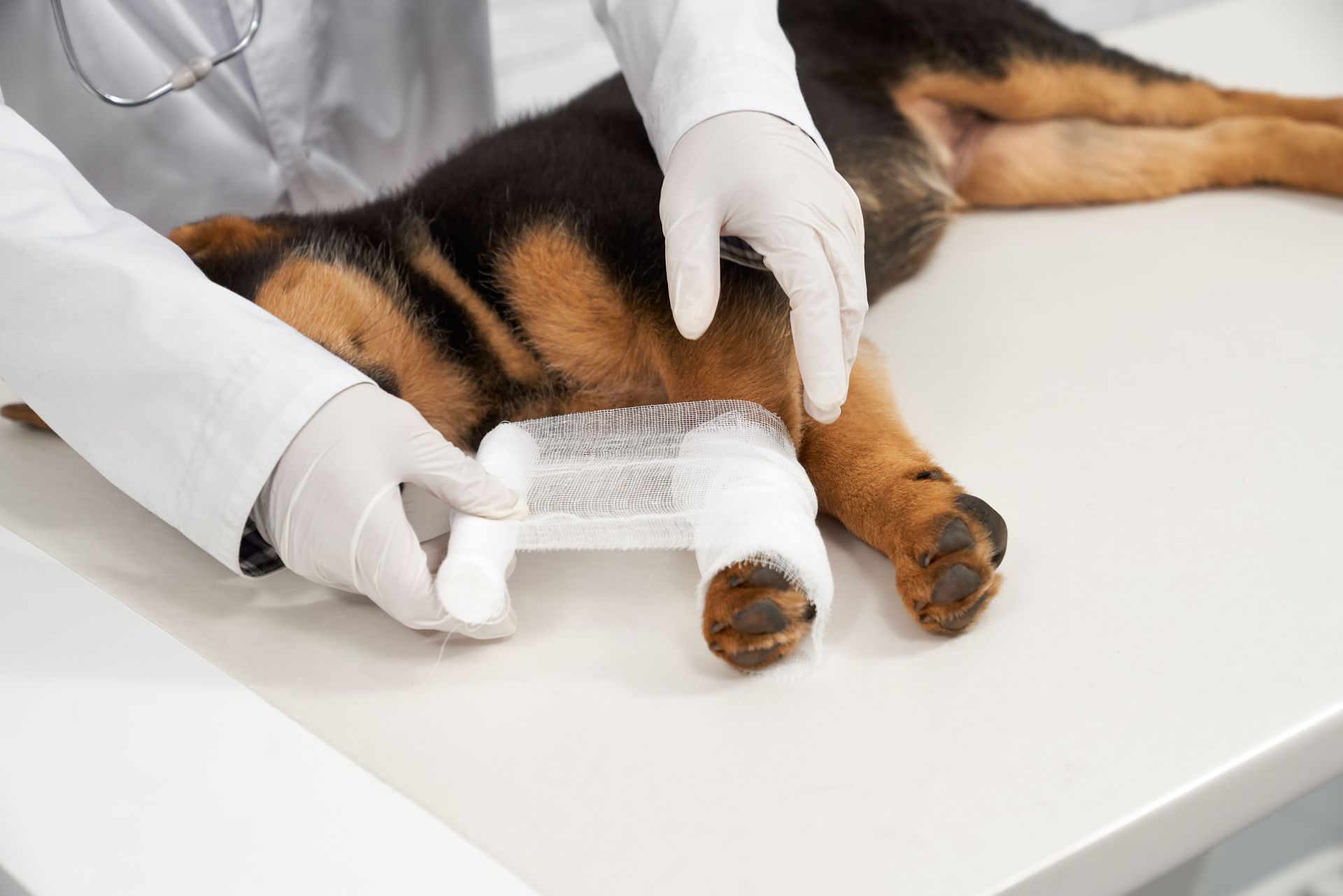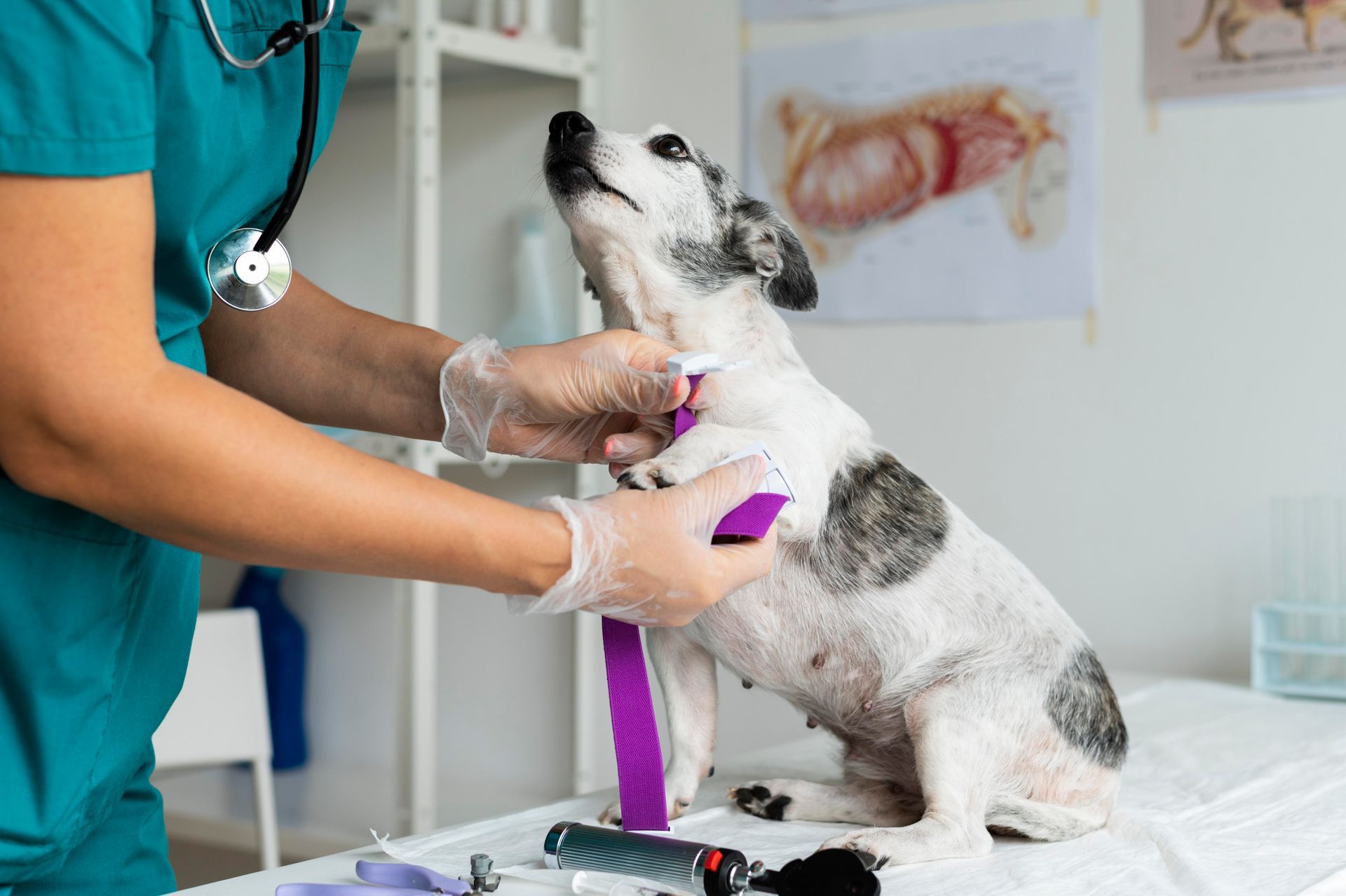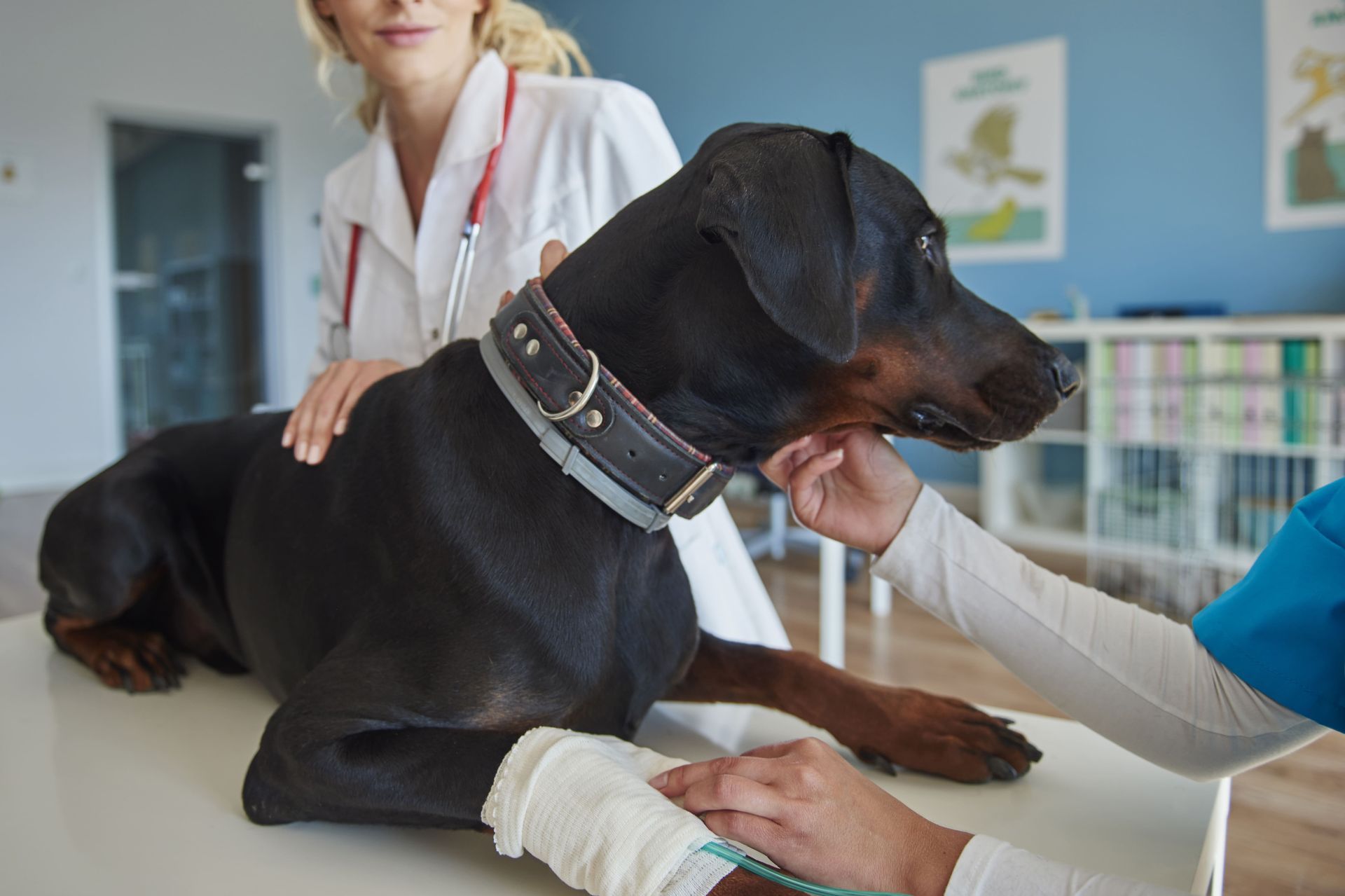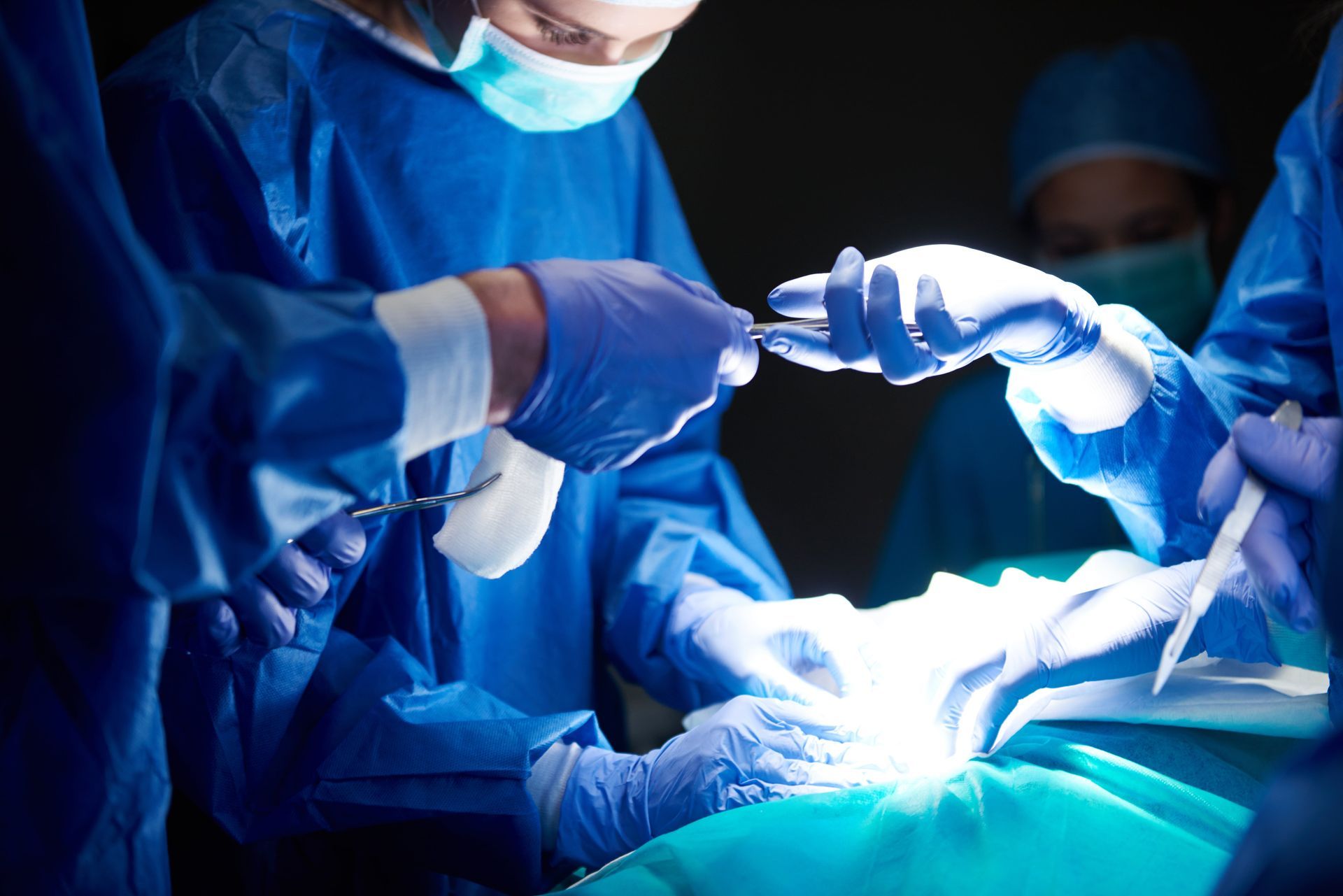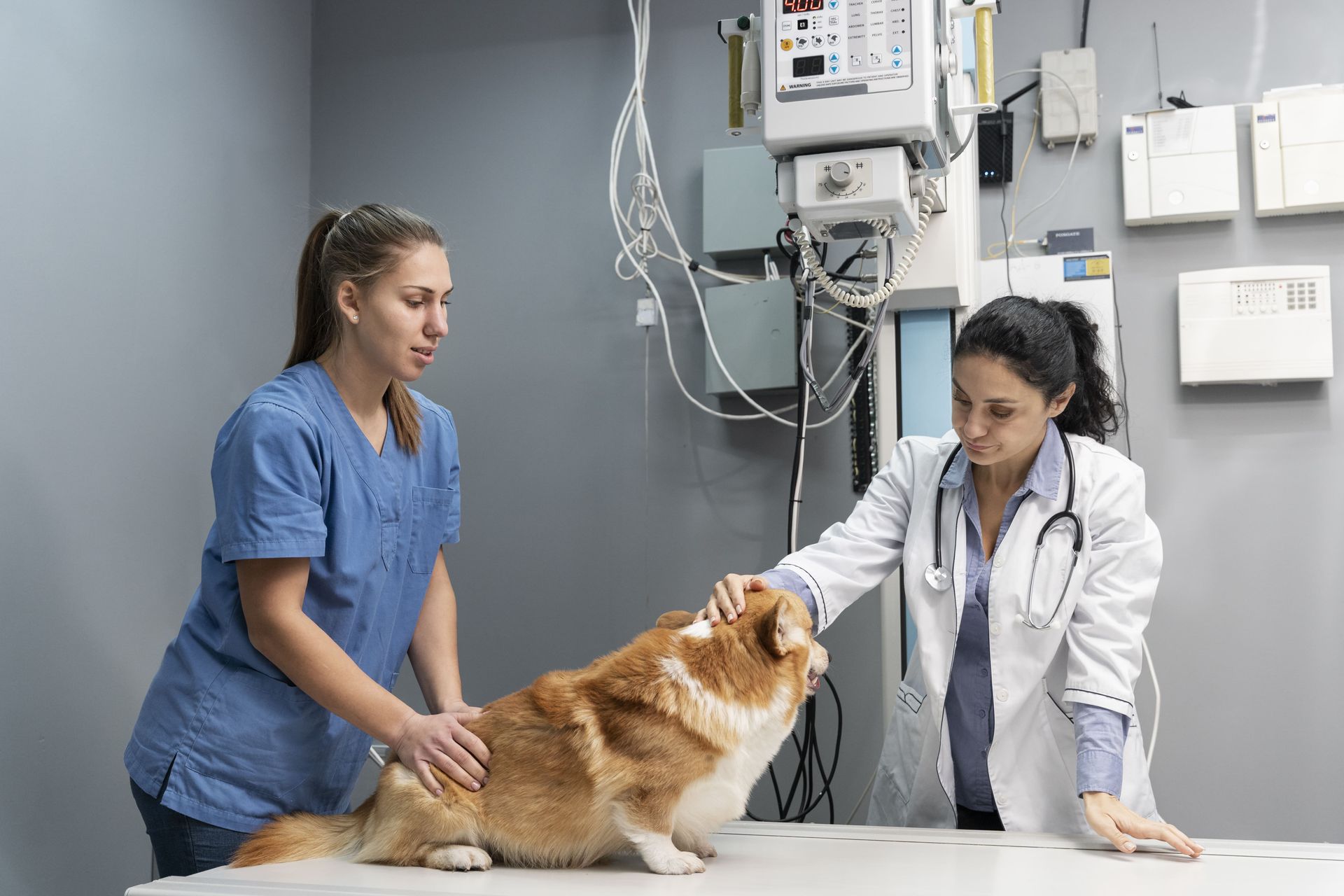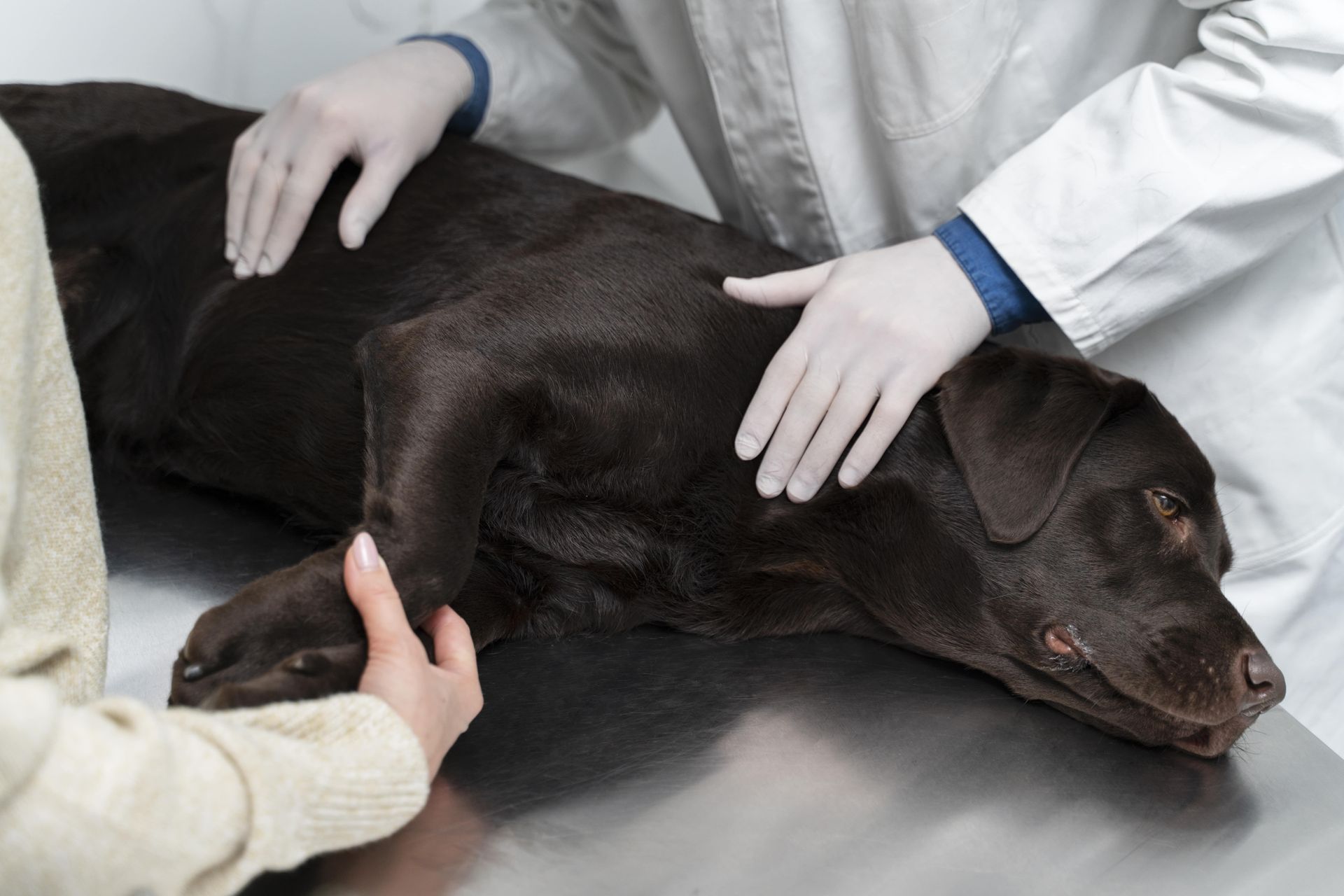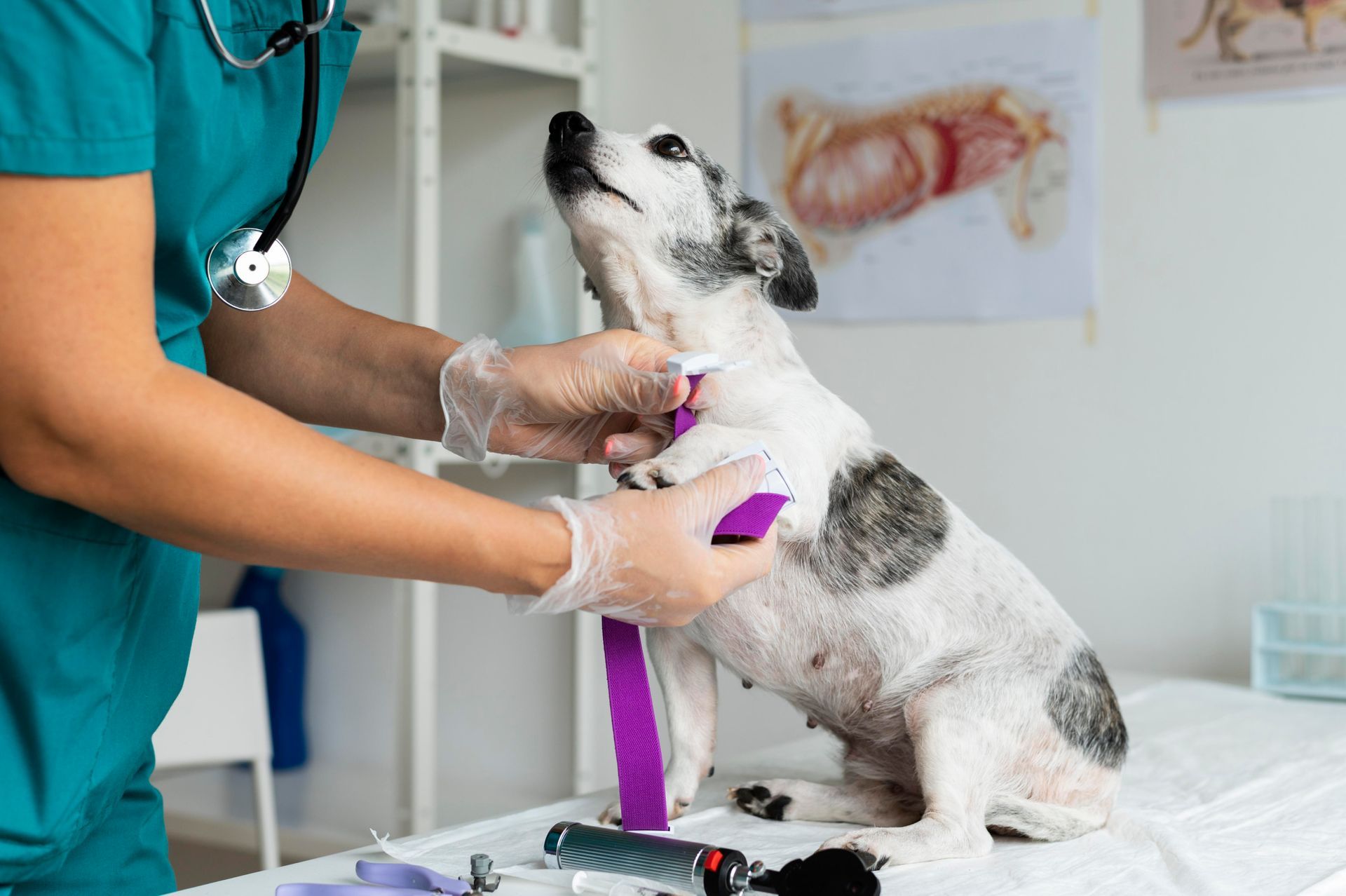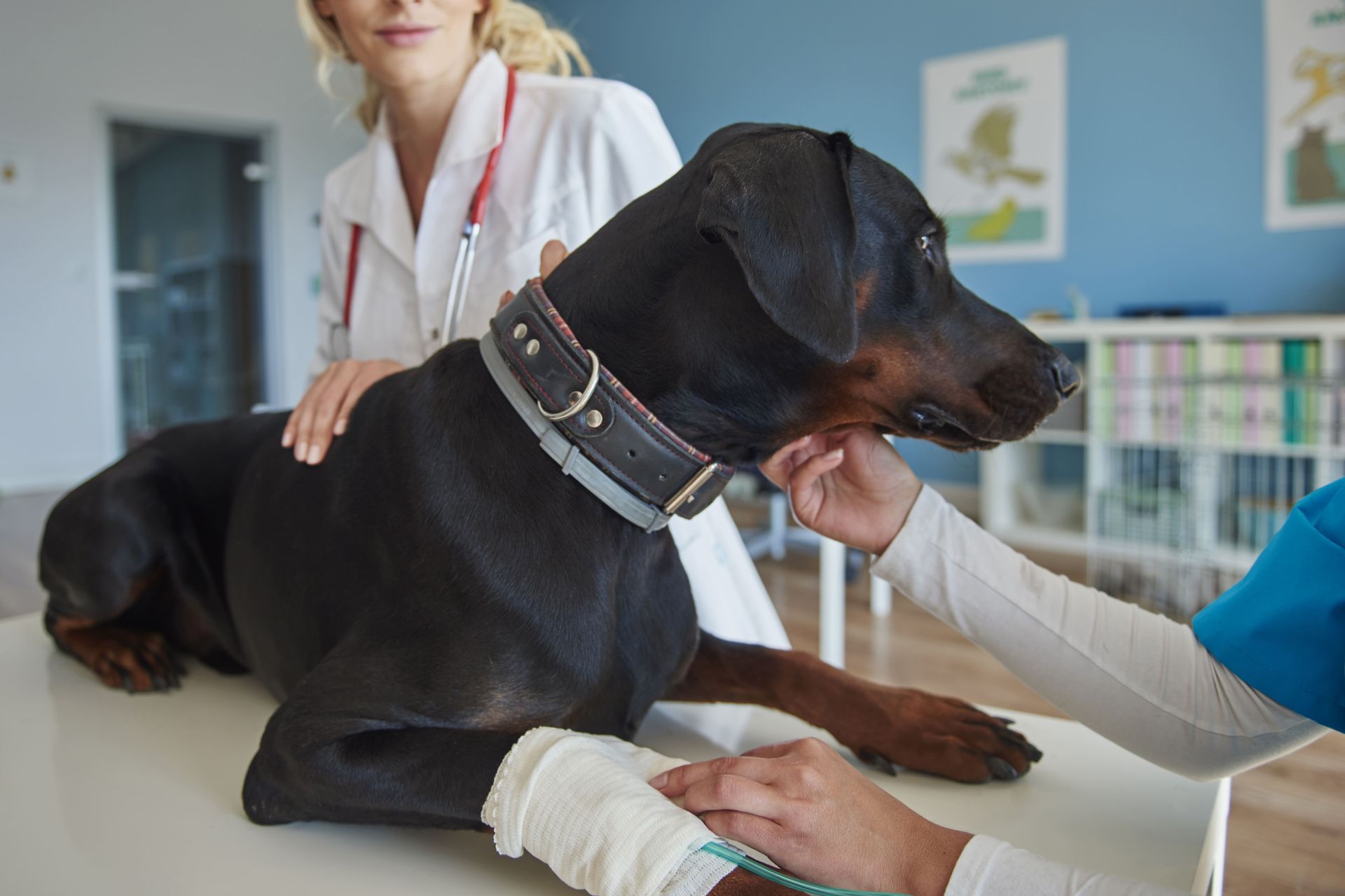How Pet Preventive Care Can Help Detect Silent Health Problems
Do you have that one friend who says, “I am fine,” while he is still limping with a sprained ankle? Pets are also like that friend-but worse. They can't say anything at all. A dog that has a raging tooth infection will yet wag his tail and run after a ball. A cat that has problems with its kidneys can still jump on the couch as if nothing is out of the ordinary. When they finally demonstrate to you that something is wrong, it is usually too late to make a quick fix. That's the whole concern. Silence and health don’t quite go hand in hand. That is precisely why pet preventive care
is more important than most individuals may think.
Pets Are Olympic-Level Pain Maskers
If survival had a syllabus, the first lesson would be: don’t let predators see you’re weak. Cats and dogs, and most animals, still have that instinct built in. They are such pros in disguising agony and disease. Your dog may have a broken molar, but he will continue to eat as though nothing has changed at all. Your cat may have arthritis, but she will only move a little slower. I mean, who’s going to notice that when cats already act like 90-year-old yoga instructors?
By the time you, the loving pet owner, notice something so apparent as weight loss, vomiting, or anorexia, it is often too late. It probably means the problem has been simmering and festering in the background for weeks, months, or even years.
Pet preventive care can help with that. It’s all about preventing things before they get out of hand to spiral into full-blown emergencies.
What Is Pet Preventive Care?
Think of it like the pet version of your annual health check-up, but without the awkward blood pressure cuff and your doctor inquiring how many consistent drinks you really have per week.
Pet preventive care involves:
- Regular vet exams (annual for young pets, bi-annual for seniors)
- Vaccinations and boosters
- Dental cleanings and at-home oral care
- Regular blood tests to check the kidneys, liver, thyroid, etc.
- Parasite prevention (fleas, ticks, heartworms)
- Weight management and nutrition counseling
Benefits of Early Detection
Most of the “big, scary” diseases that pets are susceptible to can be treated easily- or even prevented-if spotted early on.
Kidney disease in cats: Detected late = irreversible. Spotted in time = you can slow it down.
Dental disease in dogs: If you ignore it, it can lead to tooth extractions and infections. If caught early, a simple cleaning is enough.
Diabetes: Manageable if spotted early. Life-threatening (and expensive) if ignored.
Heart murmurs: Not always noticeable in the early stages, however, with regular checkups, the vets can detect them before they develop into congestive heart failure.
The Money Talk Nobody Likes
Now that we have to bring up the elephant in the exam room, the vet care costs money. A pet preventive care checkup, including blood work and dental cleaning, isn’t exactly pocket change.
But here's the trade-off:
- A regular check-up could cost you a few hundred dollars a year.
- Waiting until your pet is in crisis can quickly add up to thousands: emergency surgery, hospital stays, and extended medication.
- For example, treating advanced dental disease can run upwards of $2,000 (or more). Meanwhile, a preventive cleaning might have been $300–$500.
Not trying to scare anyone into emptying their wallet, but it’s better to be financially smart. Spend a little regularly, or gamble with the possibility of spending a lot later.
The Emotional Bill Is Higher
The money hurts, sure. But the guilt? That's worse.
All pet owners who have ever had to say goodbye too soon have thought, “If only I had caught it sooner.” It is the most agonizing form of “what-if” in the world. Pet preventive care does not mean your pet will live forever, but it does provide you with some peace of mind that you did not miss some treatment that could have helped.
What Preventive Care Looks Like Day-to-Day
You don’t always have to visit a vet for pet preventive care. A lot of it starts at home.
Watch their weight. Obesity is connected with arthritis, diabetes, and heart disease. When you fail to notice a waistline, then it is time to practice portion control.
Check their teeth. Bad breath is not only gross, but it is also usually an indicator of infection.
Notice subtle changes. Drinking more water than usual? Not urinating in the litter box? Slowing down on walks? All tiny red flags.
Brush and groom. In addition to making them look pretty, it will assist you in detecting lumps, bumps, or skin changes at an early stage.
Keep records. Write down small changes. What feels like a “just a fluke” now could be useful context for your vet tomorrow.
Invest in Your Pet’s Future Health
Some pet owners roll their eyes at wellness plans, thinking vets are just trying to squeeze more money out of them. Most vets didn’t become vets to get rich. (If they did, they chose the wrong profession.)
Preventive care for pets is advisable because it really works. It is not glam, it is not Instagram worthy, and no one will pat you on the back by paying to have blood tests done. But it is the kind of stuff that will help your pet by adding a few years to their life quietly.
The “Fine Until They’re Not” Trap
If you’ve ever said, “My dog has never had a problem” or “My cat has never been sick,” it is precisely you who need to listen to this: all pets are well until they are not.
A lot of diseases are like bad Wi-Fi- things look good until nothing works. It is mostly too late to start once symptoms are already visible. Pet preventive care shifts that timeline in your favor.
When Was Your Pet's Last Checkup?
Relax, this is not a guilt trip: just a simple & genuine question. In case the answer is, Uh, I think last year? Or maybe the year before?” Then perhaps time to schedule one. Because one day, you’ll be grateful you caught something small before it became something life-altering.
How Lincoln Avenue Cat & Dog Hospital Helps with Preventive Care for Pets
Pet preventive care sounds good in theory, but most pet parents still need a reliable place to actually make it happen. That’s where Lincoln Avenue Cat & Dog Hospital
steps in. We offer day-to-day care that helps prevent these little issues from becoming big crises.
From regular checkups and vaccines, parasite inspections, to screenings, the goal here is simple: prevent potential problems before they become late-night visits to the emergency vet. We also offer dental cleanings, diagnostic tests, and other preventive care that can detect those silent concerns.
Final Thought
Since pets won’t tell you when they’re in pain, they will probably continue wagging, purring, or snuggling up to you. The best they could do is stop eating, so the owner might find out something is wrong. Preventive care is how you return the favor by making sure you’re not missing the quiet battles they can’t put into words.
If you’re the kind of pet parent who wants to be able to relax (and have fewer financial surprises), making pet preventive care a part of your routine with a clinic you trust nearby can do a lot of good. Reach out to us now!
